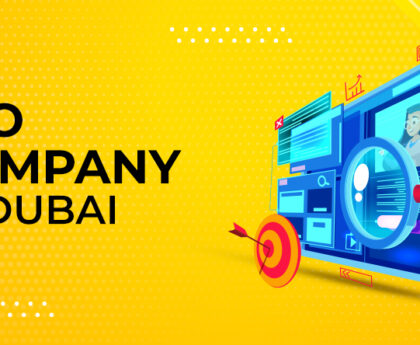In today’s fast-paced and highly competitive business landscape, managing and optimizing transportation operations is essential for companies looking to stay ahead of the competition and accelerate their business potential. To achieve this, many organizations turn to Enterprise Resource Planning (ERP) systems, specifically tailored for the transportation industry. Implementing a transport ERP solution can streamline operational processes, enhance efficiency, and provide crucial visibility into the supply chain, among other benefits.
This comprehensive blog series will guide you through the entire process of implementing a transport ERP system as a solution for your business. We will discuss the reasons why you should consider a transport ERP solution, how to identify the right system and provide valuable insights from companies that have successfully implemented transport ERP software.
Why Implement a Transport ERP Solution?
Transportation Management System in India is complex, involving coordination across multiple parties and various departments. As businesses expand, transportation demands increase, making it challenging to maintain optimal efficiency. Implementing a transport ERP system can help fine-tune operations and maximize efficiency, resulting in cost savings and improved customer service.
Selecting the Right Transport ERP System
Selecting the right transport ERP system is a critical decision for any business, considering the vast array of options available in the market. It is crucial to identify unique business needs, budget constraints, scalability requirements, and customization possibilities. To ensure an informed decision, businesses should consider the following factors:
Identify Unique Business Needs: Assessing current processes and challenges is the first step. Understand future requirements, identify inefficiencies, and determine areas for improvement to match them with the features offered by ERP solutions.
Evaluate Potential Benefits: Consider the impact of implementing an ERP system on operational efficiency, productivity, cost reduction, and customer satisfaction. Measure the potential benefits against the investment required.
Assess Costs: ERP implementation involves significant costs, including licensing fees, implementation, hardware, software, and ongoing maintenance. Evaluate the return on investment to justify the expenses.
Evaluate Customization Options: Businesses have unique requirements; evaluate the level of customization offered by ERP vendors to tailor the solution to specific needs.
Assess Vendor Support: Consider the vendor’s implementation methodology, support capabilities, and track record of successful ERP implementations to ensure a smooth process.
Consider Data Security: Protecting sensitive business data is crucial. Evaluate the ERP software’s security features, encryption capabilities, and compliance with data protection regulations.
Evaluate Scalability: Ensure that the chosen ERP system can scale with your business as it grows. Consider the system’s ability to handle increased transaction volumes, support additional users, and integrate with other systems.
Implementing the Chosen ERP System
Once the right ERP system is selected, the implementation process is critical for successful integration. Customization is key to ensuring that the system meets the organization’s specific requirements and can adapt as the business expands. Scalability is equally crucial to handle future growth and resource management.
Case Studies – Realizing the Benefits
Implementing a transport ERP system can lead to a significant return on investment for companies. Case studies from various industries demonstrate the positive impact of ERP implementation:
A logistics company in India achieved a 10% improvement in on-time delivery and reduced inventory holding costs by 20% after implementing a transport ERP system.
A transportation company in the USA increased its operating efficiency by 20% and reduced its fleet size by 10% after implementing an ERP system.
These success stories illustrate how ERP systems can drive cost savings, increase revenue, and improve overall business performance.
Conclusion
It’s a wise strategic move to scale and adapt your transport Cloud based ERP system in india to fit specific business requirements. By carefully analyzing business requirements, evaluating potential benefits, and selecting the right vendor, businesses can optimize their transportation operations and stay competitive in the dynamic market. ERP implementation is an investment that delivers tangible results in operational efficiency, customer satisfaction, and cost savings, ultimately supporting business growth and success.




